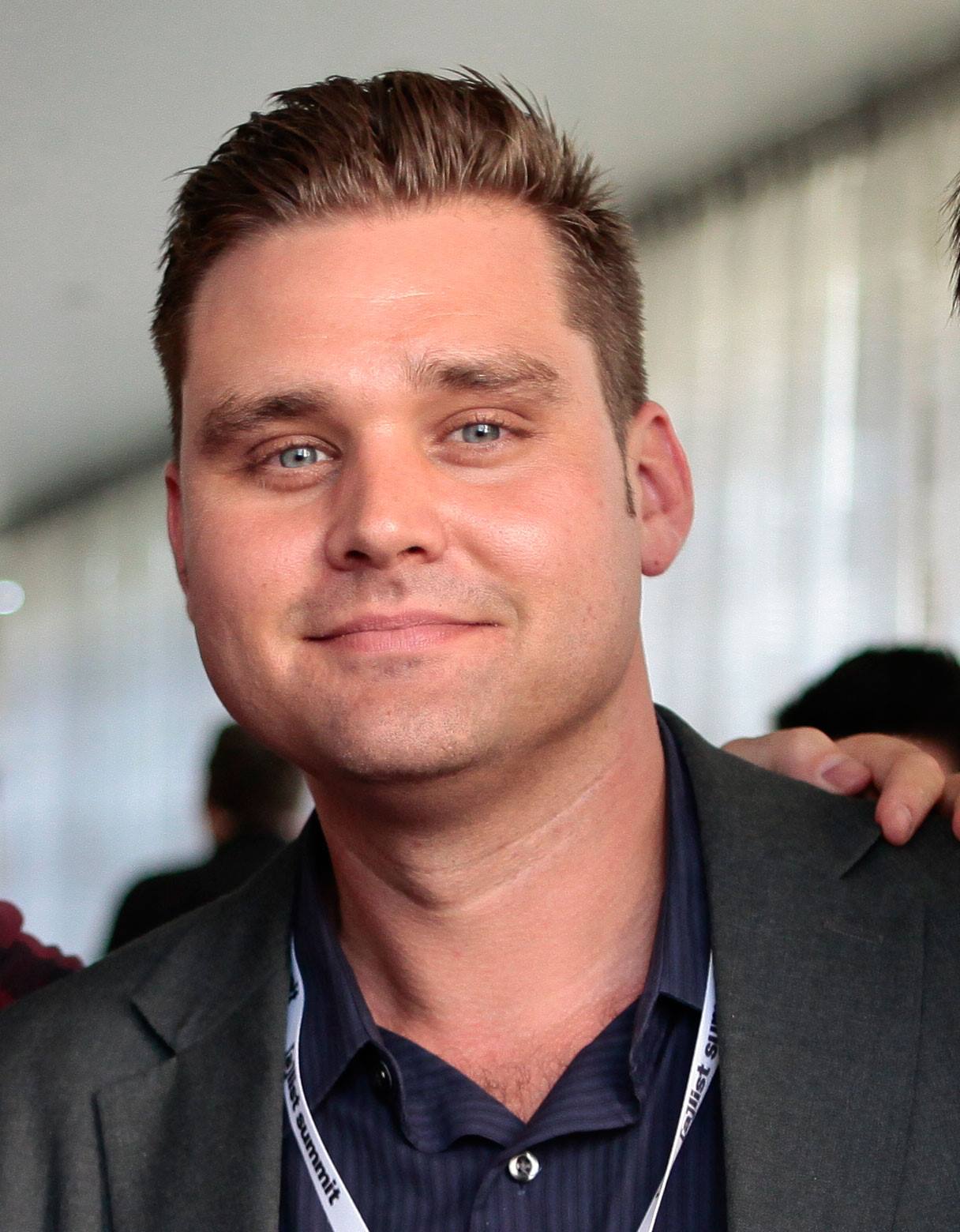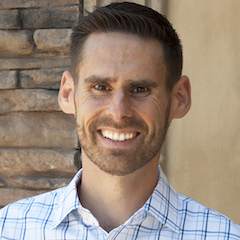Robert Brill and Brian Foster are a dynamic duo. Robert is the Executive Director of ION and Programmatic Media and Brian is the Talent Group Director of ION at Ayzenberg. Together they have unleashed influencer campaigns under ION that have generated a huge amount of hype. Most recently, they commandeered an influencer campaign that was 100 percent mobile.
When it comes to talking about mobile campaigns, Robert is over it. “It’s all mobile,” he says. ‘When we talk about mobile, we are talking about where digital consumption is going.” Influencers, are, of course, a very key part of that.
So how do you know which influencers to choose What’s most important Here are their insights:
What do you look for in an ideal influencer?
 Brian Foster, Talent Group Director, ION
Brian Foster, Talent Group Director, ION

Robert Brill, Executive Director of ION
Brian Foster: I look more for production quality. That’s always the first thing that we see: if they’re uploading quality content that looks good and is visually appealing as well as having a voice that projects well or sounds good. Most of the stuff is based on commentary– it’s like voice editorial– so we want to make sure that they’re speaking clearly, that they’re brand friendly, and that they’re not hateful in any way. We look for ones that like to talk about the things they love and are speaking in a genuine voice. An honest opinion is always great to have also, as long as they’re not skewing so far negative or so far positive that it seems disingenuous. We always want to see content that looks good as well as hear content that the brand would appreciate as well as their [the influencer’s] viewers.
That said, is content more important than the audience itself?
Robert Brill: Influencers are media channels. They are publishers. They have an audience and they create content just like websites do and mobile applications do. Influencer channels are new ways for people to discover content. They are content creators. So, just like with any media campaign where a brand integrates into the larger context of the channel, we are looking for alignment between the brand and the channel.
“Having the right volume of audience is always important, but it’s not the end-all be-all when it comes to the decision that gets made when we choose an influencer.”
There’s a very highly customized element to the way we map out these campaigns. So one is defining the right alignment between the brand and the influencer. Having the right volume of audience is always important, but it’s not the end-all be-all when it comes to the decision that gets made when we choose an influencer.
Do you have any tips for brands on improving how they approach influencer marketing?
Brian: I think the main thing to note is that influencers on YouTube have created their own voice and their own personality since probably 2005-2006. Some of these guys were working before YouTube. They’ve been creating content in their own style for a long time. Coming in and treating influencers as though they are actors or talent that are going to work in a commercial that you’re shooting is not the way to go. The way to go is to find, I call it a 50/50 balance of creative. It’s about finding that match between what you want to say as a brand and the right influencer that can speak to that brand genuinely and not change exactly what they are saying and finding a nice fit.
“Coming in and treating influencers as though they are actors or talent that are going to work in a commercial that you’re shooting is not the way to go.”
If the brand wants them to say something but the influencer doesn’t want to say that specific thing, let’s find the right thing to say, but still say the same thing.
Robert: Influencer marketing gets funded in many situations by the media group. The media group is… well, they’re control freaks. They need things to be done at a specific time, targeted to as specific a group as possible, say the right things… and everything will be hunky-dory. Then you have PR and publicity people who let creators do what they want to do and you’ll write their story and you’ll have freedom and don’t really have control over what you say, but they’re just hoping that you talk about the brand in an organic way. This is the coming together of those two disciplines.
As Brian said, these are people who are their own format. You don’t want to be too direct in what you want to accomplish, but you don’t want to tell the influencer exactly how to accomplish that. At that point, you’re overbearing. And when you become overbearing, they will out you, like what just happened with Shadows of Mordor. You have a bit of control, but you don’t have the same control as paid media.

